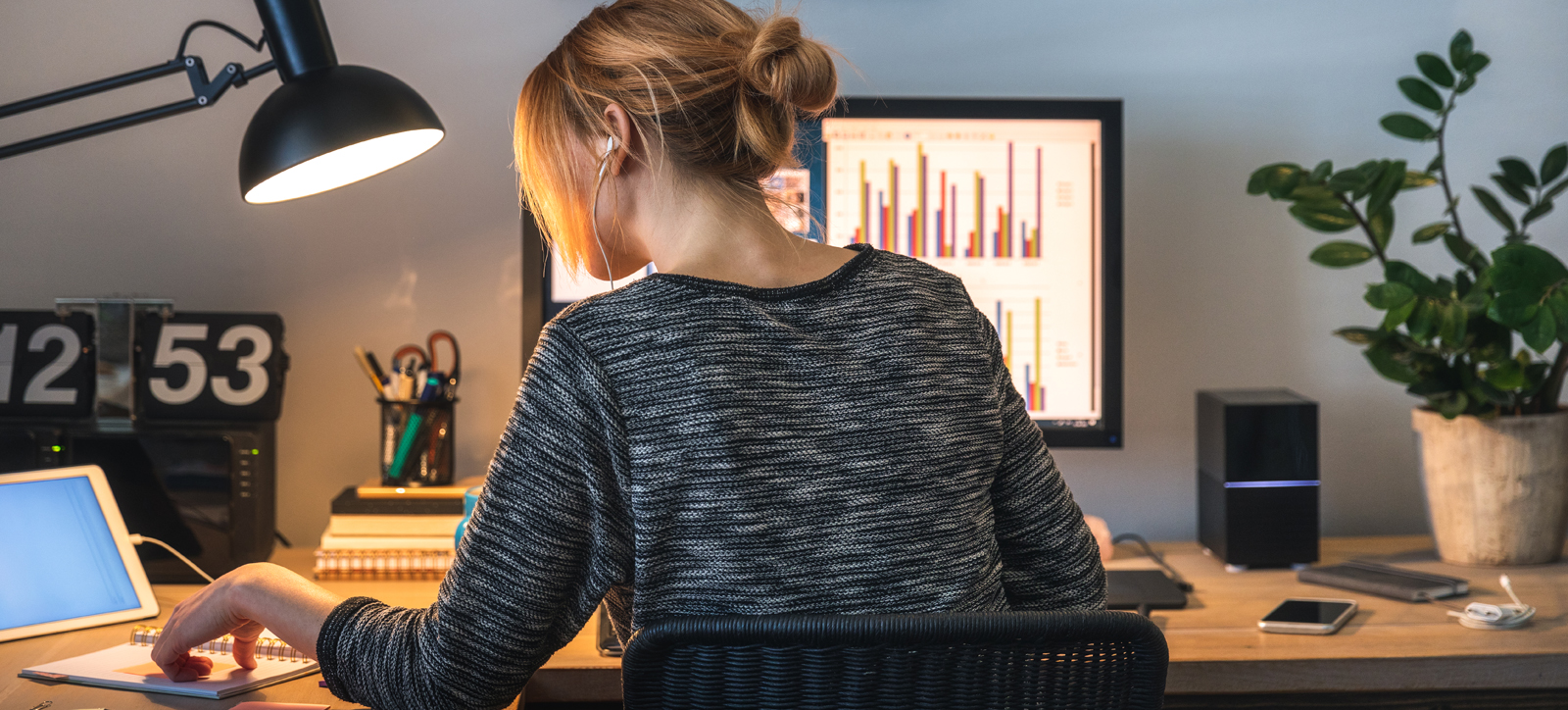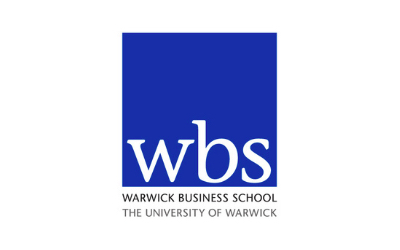
A number have made grandiose announcements about their ‘future of work’ strategies, detailing complex hybrid working strategies and expensive office refurbishments.
But have things really changed? There’s evidence to suggest that too many organisations are still working in a 20th century way: employees can log on from anywhere, but must stick to rigid start and end times.
Elsewhere, prominent business leaders are pushing for employees to return to the office because they claim it improves innovation and collaboration. There remains an assumption that good work happens when we’re all co-located, working the same fixed hours. Even arguments for the four-day week at times imply that days and hours would be set, allowing little in terms of personalised flexibility.

